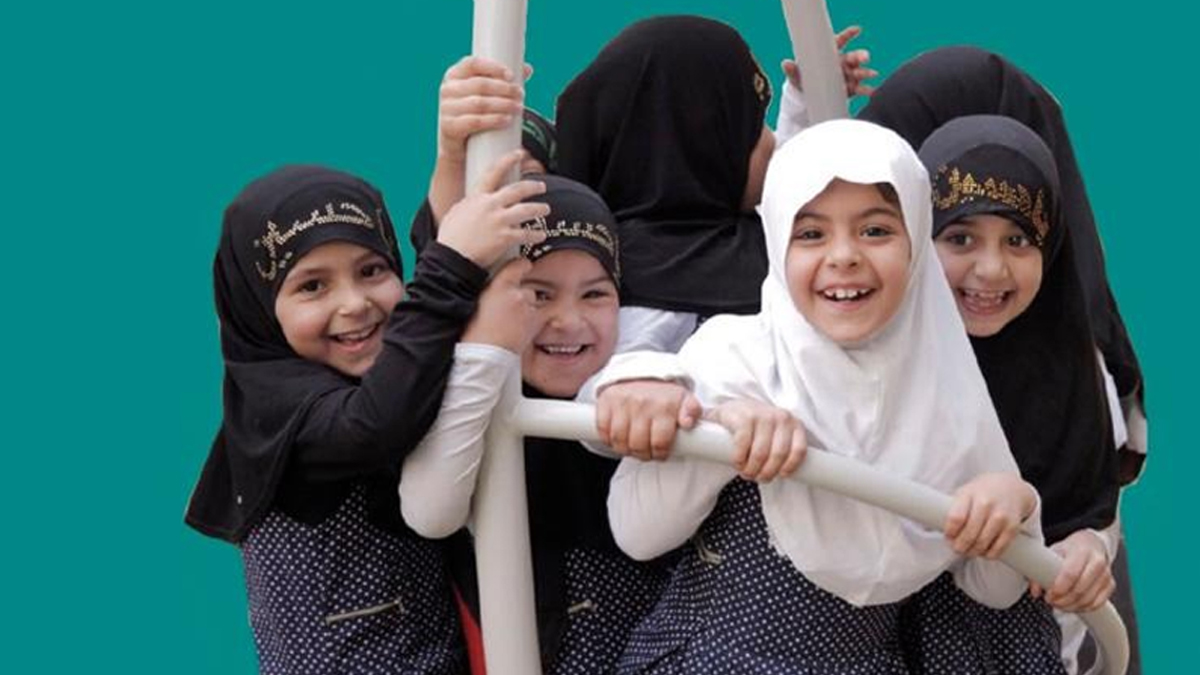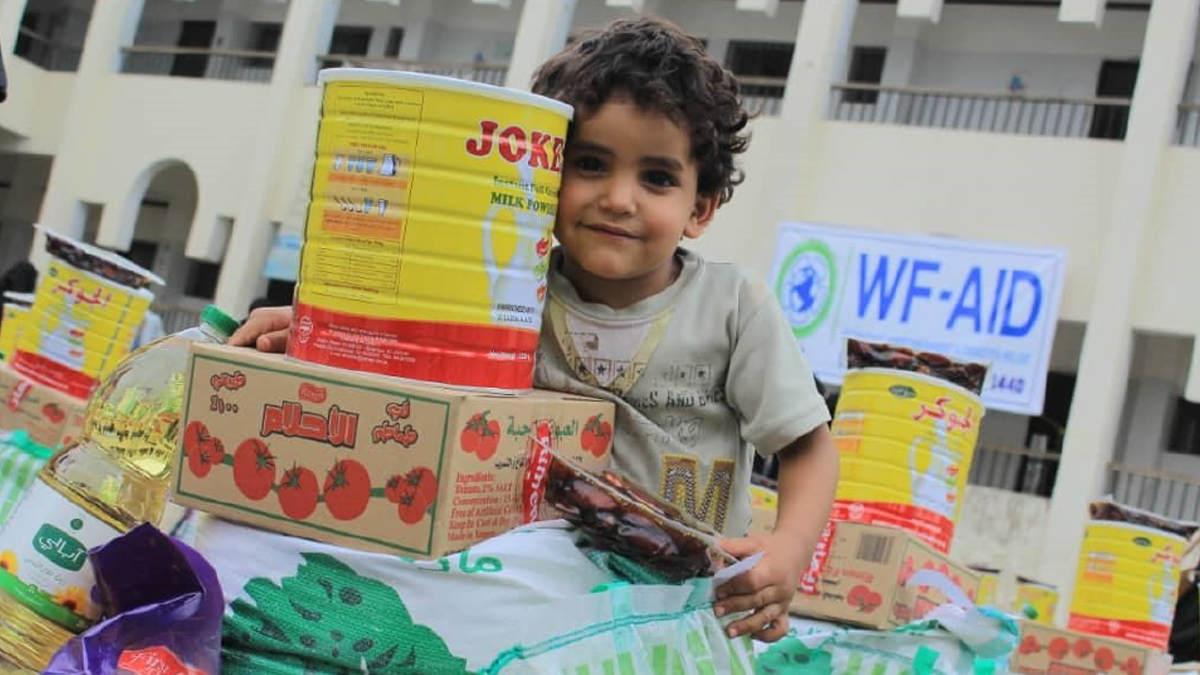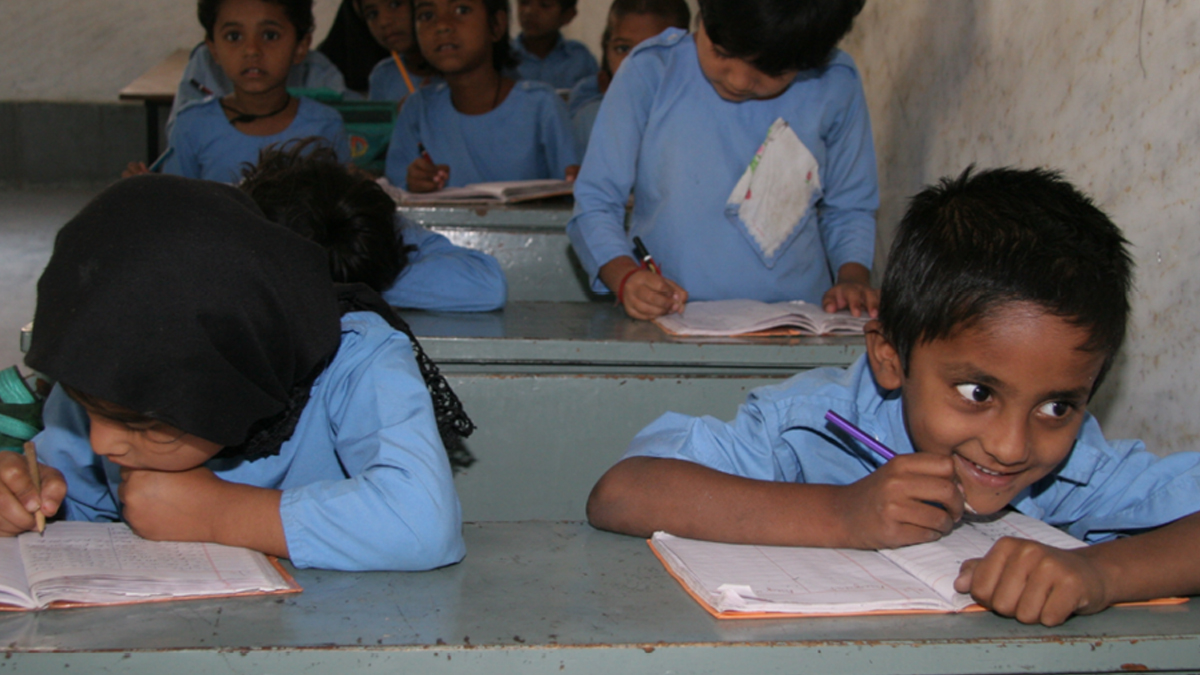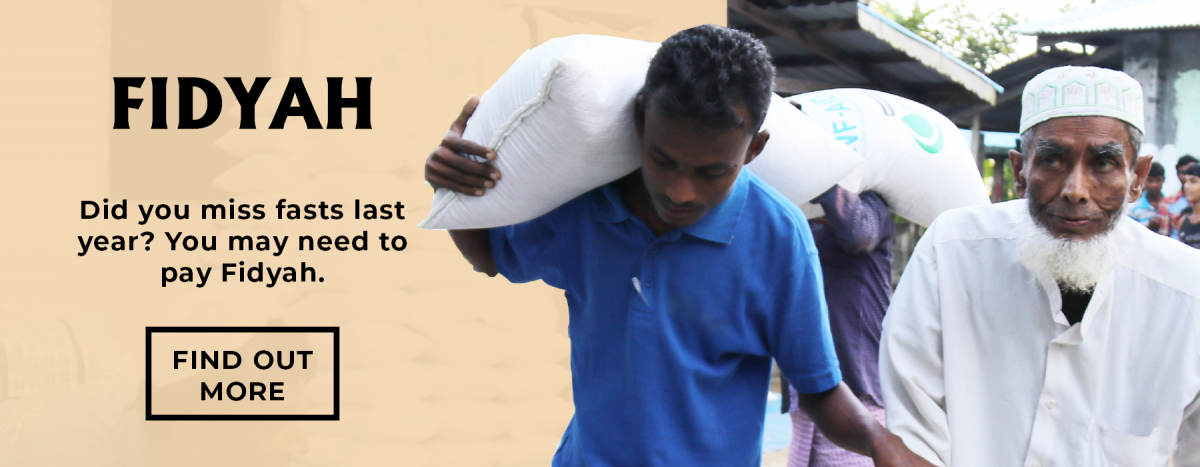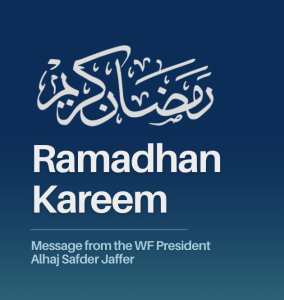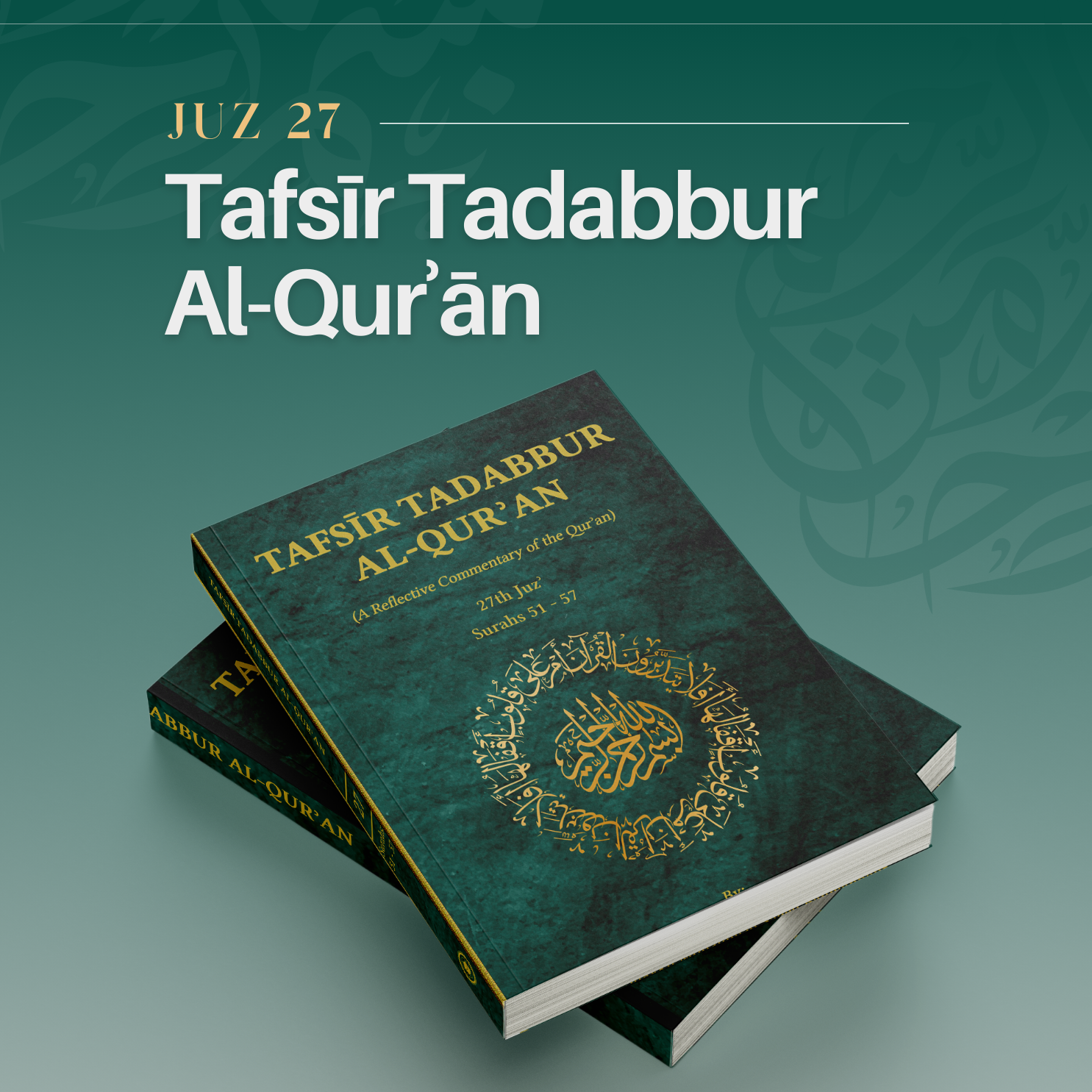“Fidyah” is a compensation for a fast of Ramadan that is missed under certain legitimate circumstances.
Fidyah can only be distributed as food, not as cash. The giving of fidyah also benefits members of the community who live in impoverished conditions.
WF-AID is facilitating fidyah food distribution in Africa and South Asia this Ramadan.
The following are some scenarios when fidyah would be due:
- Those who cannot fast in Ramadan due to illness and their illness continues until the Ramadan of the following year. Such people must give fidyah for each missed fast but do not have to make up the fasts they missed.
- Those who cannot fast in Ramadan due to needing medication and they cannot fast until the Ramadan of the following year. Such people must make up the fasts they missed. And the obligatory precaution is that they must also give fidyah for each missed fast.
- Pregnant women approaching the time of delivery who cannot fast in Ramadan as it would be harmful for them or for the child in their womb must give fidyah for each missed fast. Such women must also make up the fasts they did not keep.
- Nursing mothers who cannot fast in Ramadan as it would be harmful for them or for the child they are nursing must give fidyah for each missed fast. Such women must also make up the fasts they did not keep.
Note: If there is another way of giving milk to the child – for example, by using a wet nurse or a bottle – then based on obligatory precaution it is not permitted for the woman to break her fast.
- Those who find it excessively difficult to fast due to old age. Such people must give fidyah for each missed fast but do not have to make up the fasts.
- Those who cannot fast in Ramadan due to a legitimate excuse and after Ramadan that excuse expires but they intentionally do not make up the fasts before the following Ramadan. Such people must make up the fasts they missed and give fidyah for each missed fast.
How much do I need to pay?
Fidyah is £1.15 / $1.40 USD for each fast that is missed.
If someone misses all the fasts of Ramadan, they would need to pay £34.50 / $42 USD.
Some facts about fidyah
Fidyah is given to poor Shia Muslims.
Fidyah is one mudd (approximately 750 grams) of any staple food such as wheat, barley, or bread.
Fidyah for multiple days can be given to one person.
It is permissible to give fidyah payments to an agent/representative (wakil), such as a trusted charity, who will buy the required food and distribute it on the person’s behalf.
When must fidyah be given?
Fidyah does not need to be given straight away, but neither should it be delayed negligently. And the recommended precaution is to give it promptly.
More information
Please note that the above rules are only an overview of the rulings on fidyah according to His Eminence al-Sayyid al-Sistani (may Allah protect him). For more information, please see Islamic Laws.
For specific questions about your situation, please visit Ask An Alim, where you can submit a question and get a response from an Alim, or view similar questions which may apply to you.





